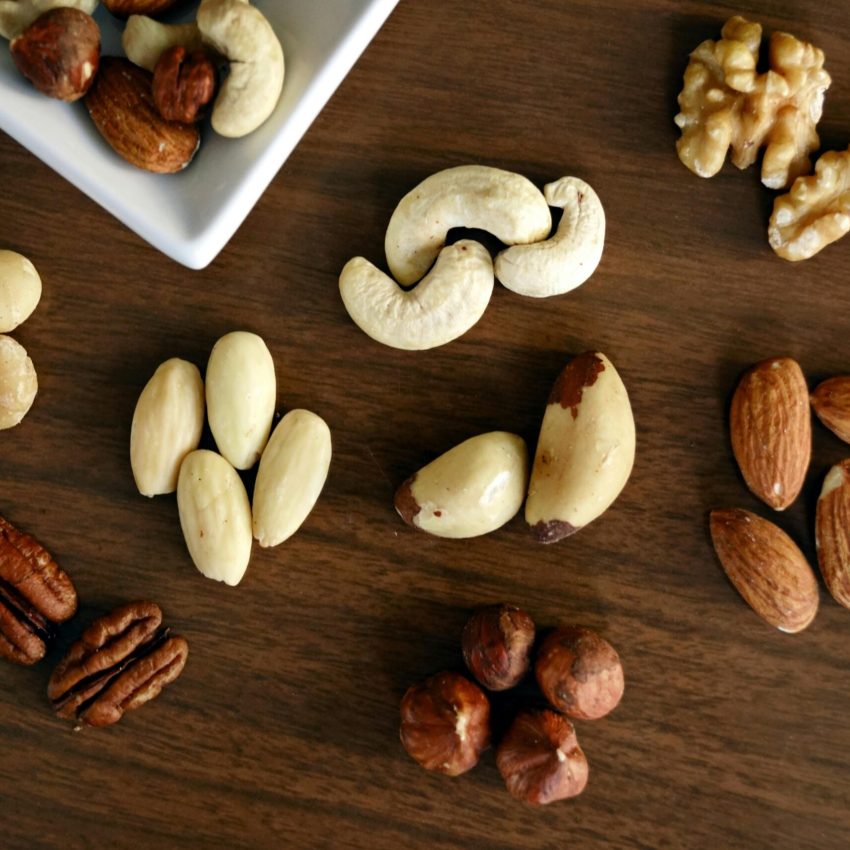NUTRITIONAL


Satisfied Patients
Curious about what good nutrition really means and why it's so important?
Well, you're not alone!
Many of us have a general idea, like eating less fried stuff and more fruits and veggies, but understanding the full benefits and how to achieve them can be a bit trickier.

Dr. Marlie Varga
Founder Holadoc

Let's break it down: nutrition isn't just about eating salads all day. It's about giving your body the right fuel to thrive. Here's why it matters:
1. Managing Your Weight: Forget crash diets! Eating a balanced diet helps you maintain a healthy weight while giving your body the nutrients it needs to function properly.
2. Keeping Chronic Diseases at Bay: Stuff like diabetes and heart disease can sneak up on you if your diet isn’t up to snuff. By eating right, you’re lowering your risk of these serious health issues.
3. Boosting Your Immune System: Your body needs certain vitamins and minerals to fight off sickness. By eating a variety of foods, you’re giving your immune system the tools it needs to keep you healthy.
4. Staying Youthful: Certain foods can actually help you feel younger and sharper. Who doesn’t want that?
5. Supporting Your Mood: Believe it or not, what you eat can affect your mood. Eating foods rich in iron and omega-3s can help keep you feeling happy and balanced.
So, how do you put all this into action? It’s simpler than you might think!
1. Load Up on Whole Grains: Think brown rice and whole-grain bread. They’re packed with nutrients and keep you feeling full and energized.
2. Eat Your Fruits and Veggies: They’re like nature’s multivitamin! Plus, eating them whole is best for getting all the good stuff.
3. Get Your Protein: Whether it’s from meat or plants, protein is essential for building and repairing your muscles.
4. Don’t Forget Dairy: Milk, yogurt, and cheese are full of important nutrients like calcium and vitamins. Just watch out for added sugars!
5. Be Smart About Fat and Sugar: Some fats are good for you, like the ones in fish and olive oil. But too much sugar and unhealthy fats can lead to trouble.
And here are a few tips for staying on track:
– Watch your portions: Eating too much or too little can throw off your balance.
– Stick to fresh foods when you can: They’re packed with nutrients and taste great!
– Get creative with your seasonings: Spices can add flavor without all the salt.
– Pay attention to how your body feels: Your skin, hair, energy levels, and even your bathroom habits can clue you in on whether you’re eating right.


2020 Short Paper Royal College Of Physicians
Your Premier Destination for Online Doctor Consultations
- Comprehensive Medical Expertise
- Get an E-Prescription

